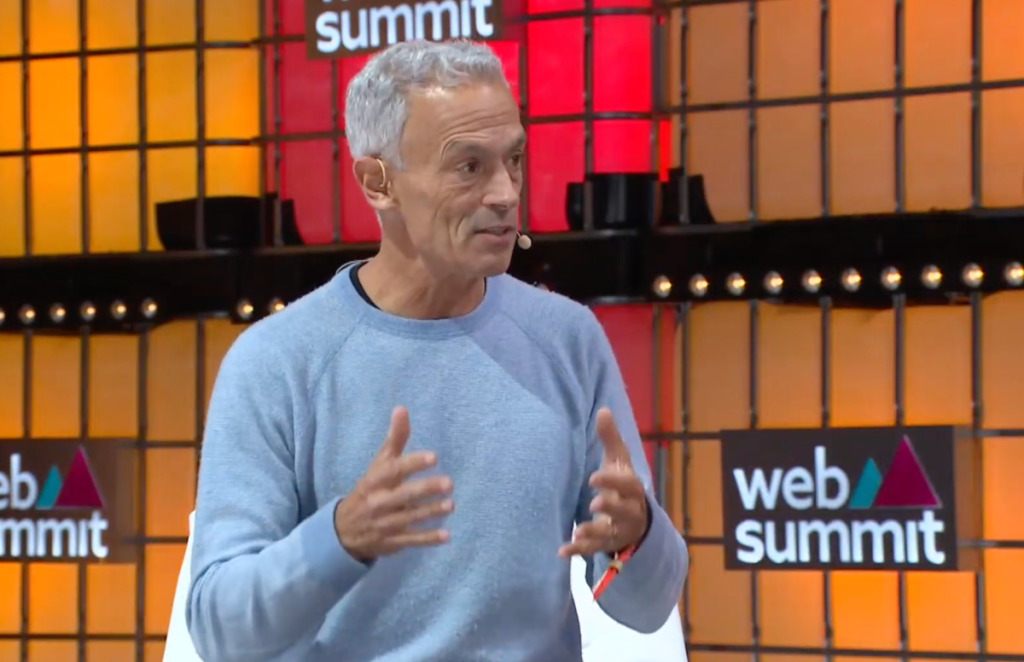Geoff Ralston, known in the startup community for his years at the Y Combinator, returned to the formal investment ring, announced on Thursday.
His new fund is called Safe Artificial Intelligence Fund, or Saif, which is both an explanation of his thesis and a play on words.
Ralston is in particular in search of startups that “improve safety, safety and responsible distribution”, as described the website of its fund. He plans to write checks from $ 100,000 as a “planned play of words”, he says, with a limit of $ 10 million. A safe is, of course, the Pre-Seme investment tool later/price now open by Y Combinator (represents a simple agreement for the future share).
While most of the VCs in these days are trying to invest in the AI startups, the grip of Ralston is a little more focused on the idea of Ai Safe, even if it admits that the concept is a bit large.
“The vast majority of artificial intelligence projects in the world today uses technology to solve problems or create efficiencies or create new skills. They are not necessarily intrinsically not safe, but security is not their main concern,” says Rilston in Techcrunch. “I intend to finance startups whose main objective is Safe Ai – as I defined (very widely).”
That list includes startups focused on improving the security of the AI, such as those that clarify the decision -making process of an artificial intelligence or the security of the AI. It includes products that protect intellectual property, those that guarantee that artificial intelligence complies with compliance requirements, fight disinformation and detect attacks generated by the AI. It also wants to invest in functional artificial intelligence tools thinking about integrated security, as best tools for forecasting artificial intelligence and corporate negotiation tools authorized by artificial intelligence that will not reveal company secrets to strangers.
This might seem like a list of artificial intelligence startups that many VCs are pursuing, but there are areas that Ralston says it will not return. An example are completely autonomous weapons.
“There are certainly uses of AI that would not be () unsafe: use technology to create bioweaponi, to manage conventional weapons without a human being in the cycle, etc.”, he explained.
In fact, it would like to finance “weapons security systems” that could detect or prevent attacks by artificial intelligence weapons.
This is an interesting contrarian point of view of many of the founders and vc of today’s defense. As Techcrunch previously reported, some people who build artificial intelligence weapons have increasingly floated the idea that these weapons would be better to operate without a human being.
However, all things Ai are a crowded field for VCS these days. This is where Ralston hopes that his YC connections can give him an advantage. Ralston left YC in 2022, after three years as president (succeeded Garry Tan) and over a decade as a councilor.
Ralston plans to offer the type of the type he did in the historical startup accelerator and promised to train them through how to apply to YC. And he offers to help them exploit his remarkable network of investors.
Ralston refused to say how big this fund is, how many startups intends to support or who are his LP supporters.



